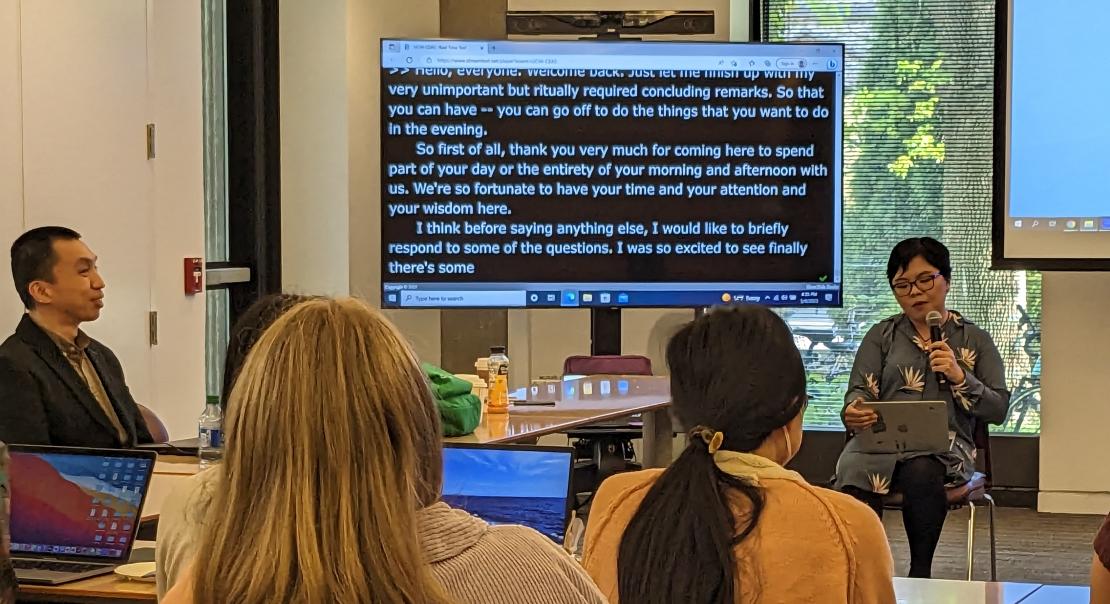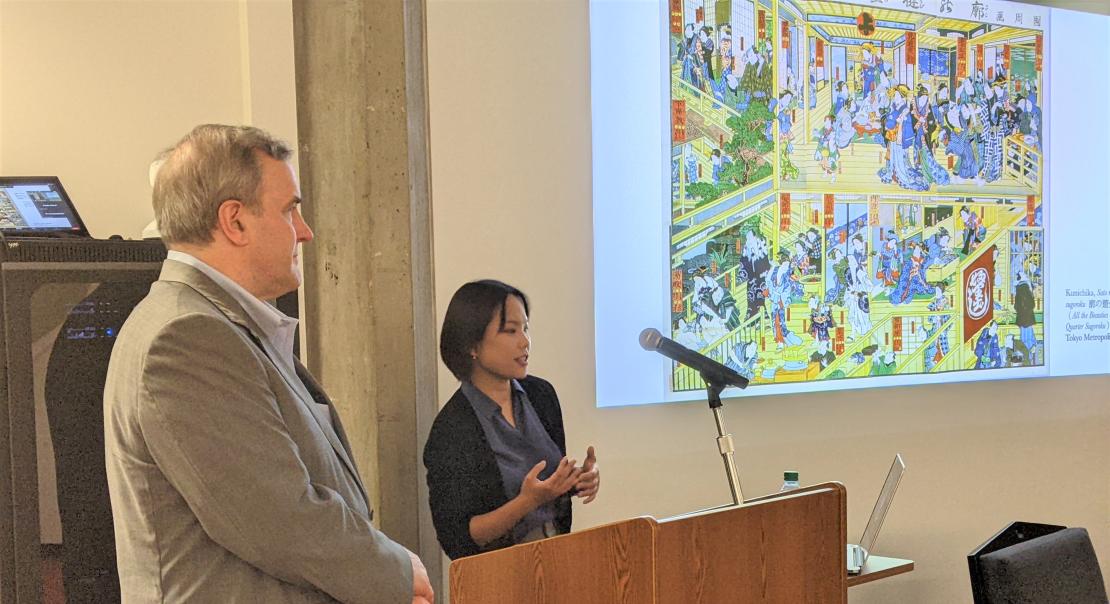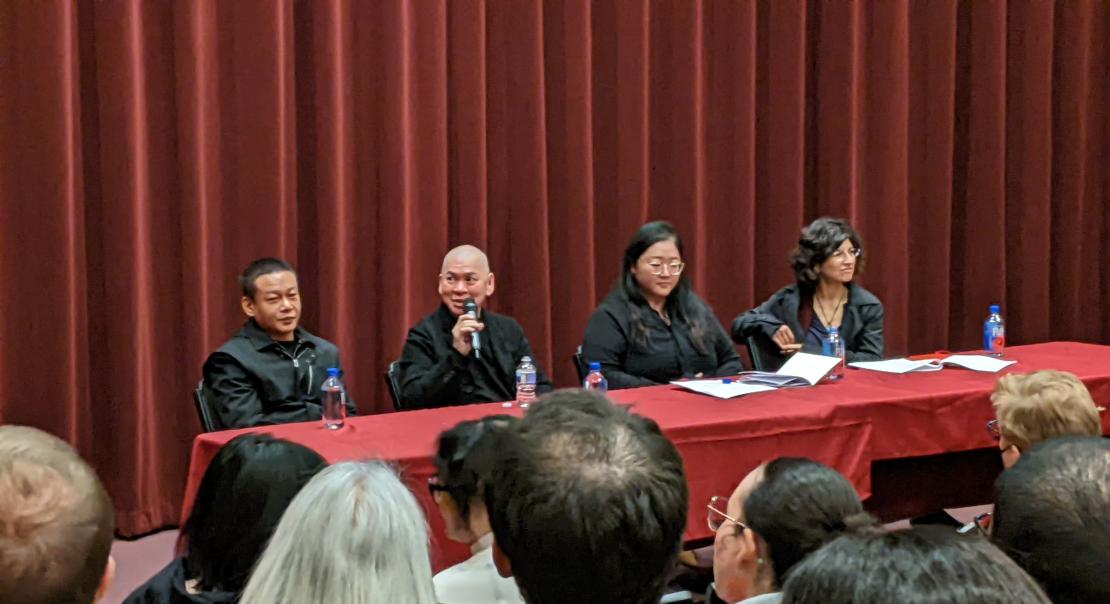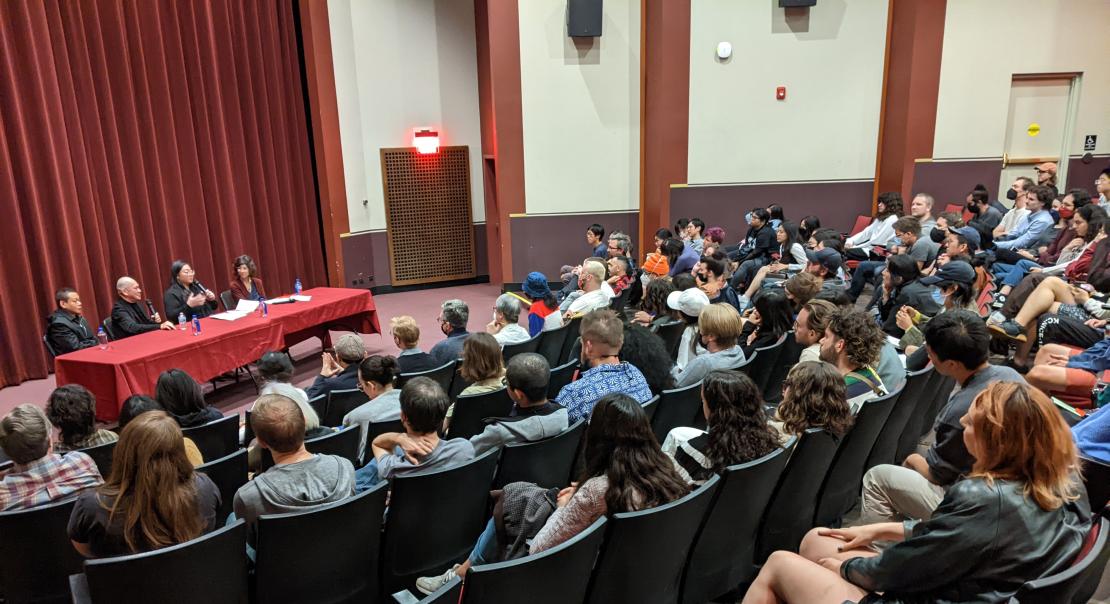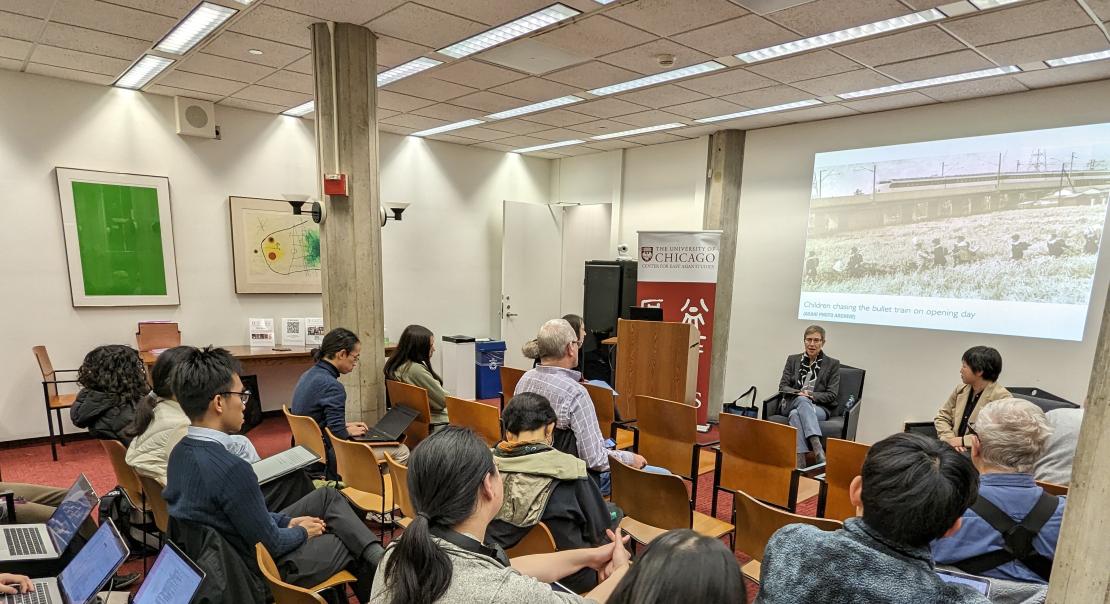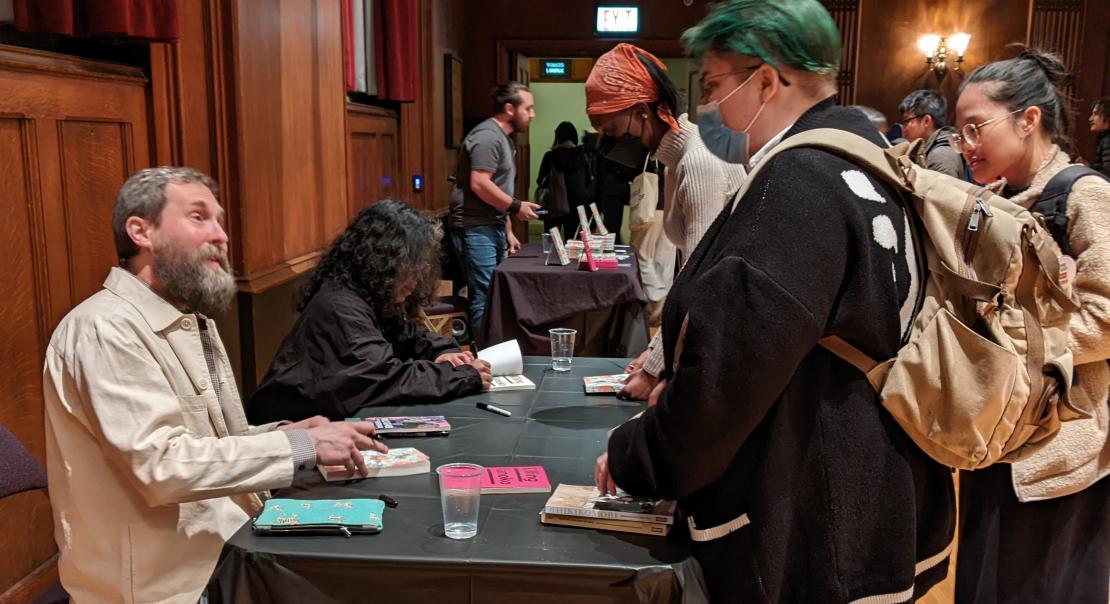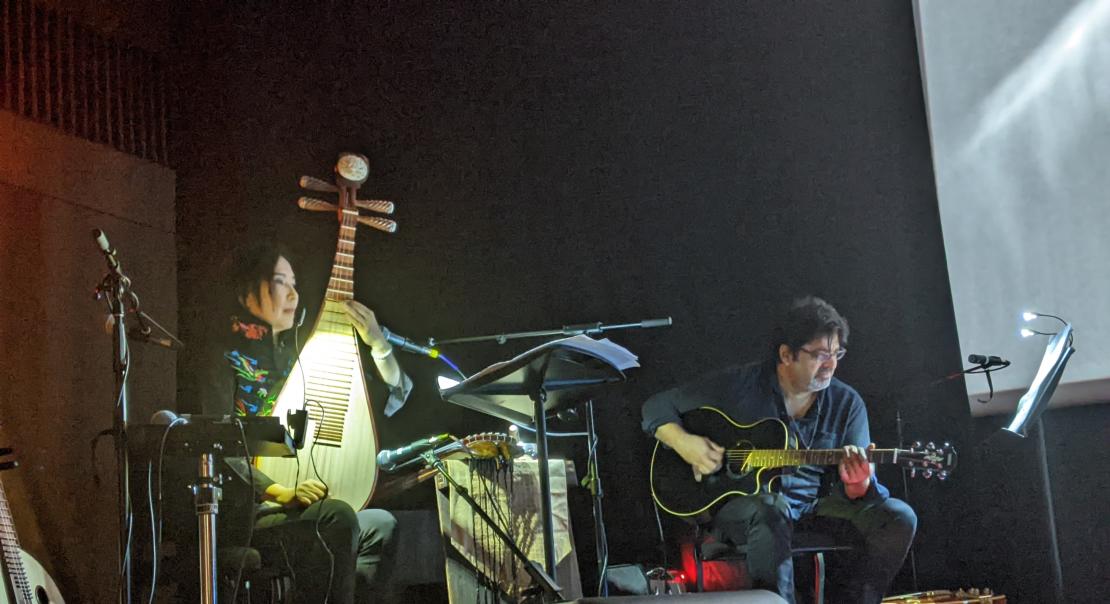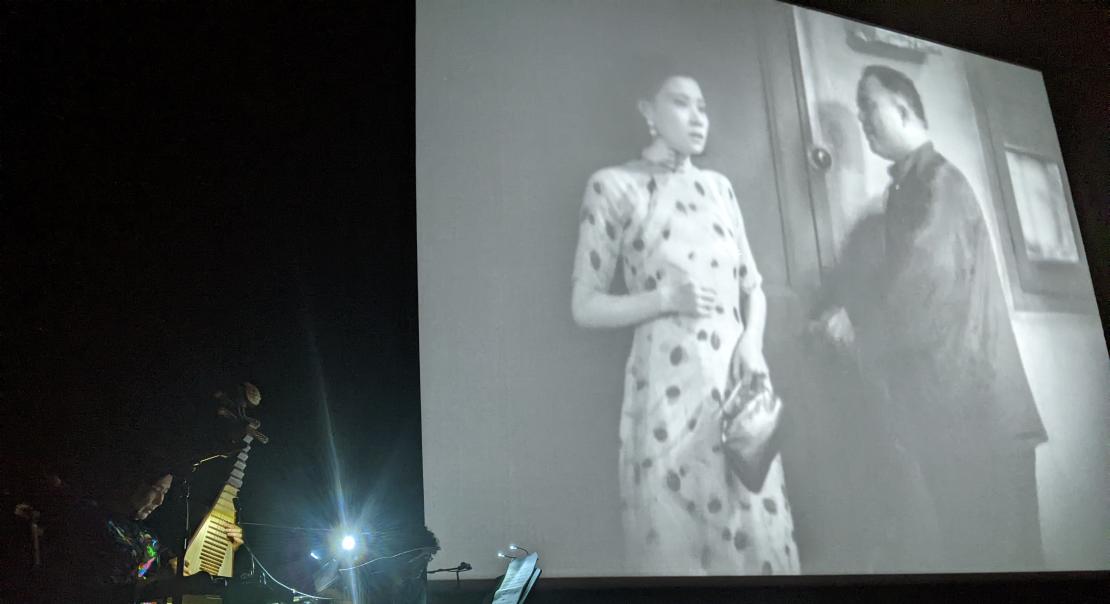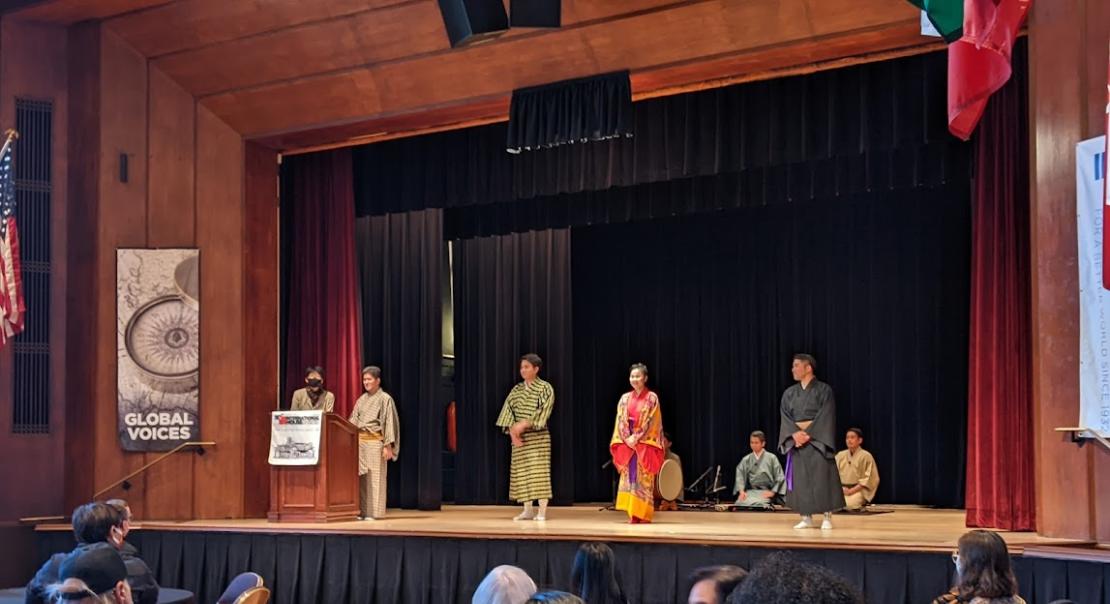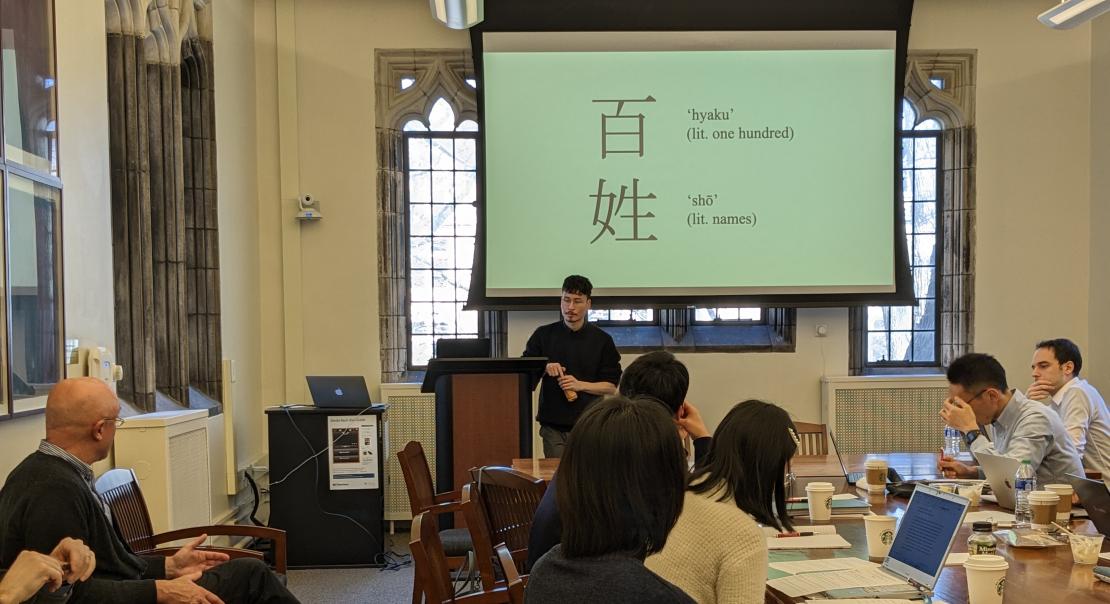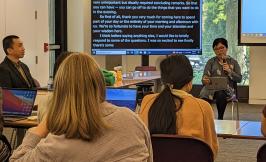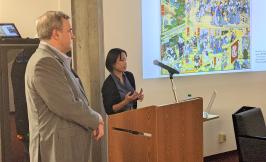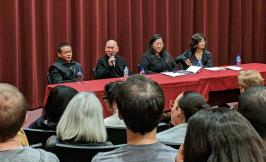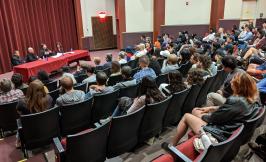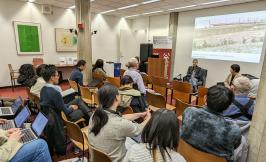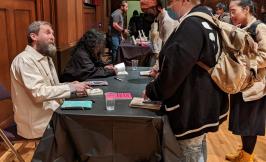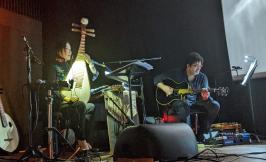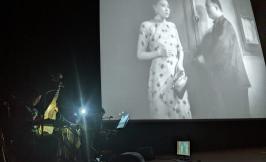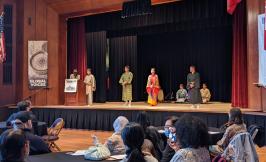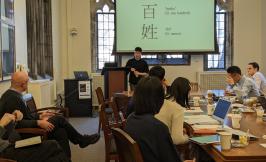Events
The Center for East Asian Studies (CEAS) supports interaction across division and interdisciplinary lines for the benefit of its faculty and students. CEAS is also committed to fostering academic and programming partnerships with domestic and international institutions. In doing so, we host and sponsor public events that reflect our mission in supporting the rigorous study of East Asia by fostering public programming to enhance the understanding of China, Japan, and Korea.
From lectures to workshops, conferences, film series, cultural events, performing arts, K-16 outreach, and other programs, CEAS-sponsored events are free and open to the public.
To learn more about upcoming events, please visit the CEAS Calendar of Events and be sure to sign-up for the weekly CEAS e-Bulletin.
To learn more about CEAS signature series for lectures, book talks, and activities with graduate student workshops, please explore the following links:
 THE UNIVERSITY OF CHICAGO
THE UNIVERSITY OF CHICAGO


